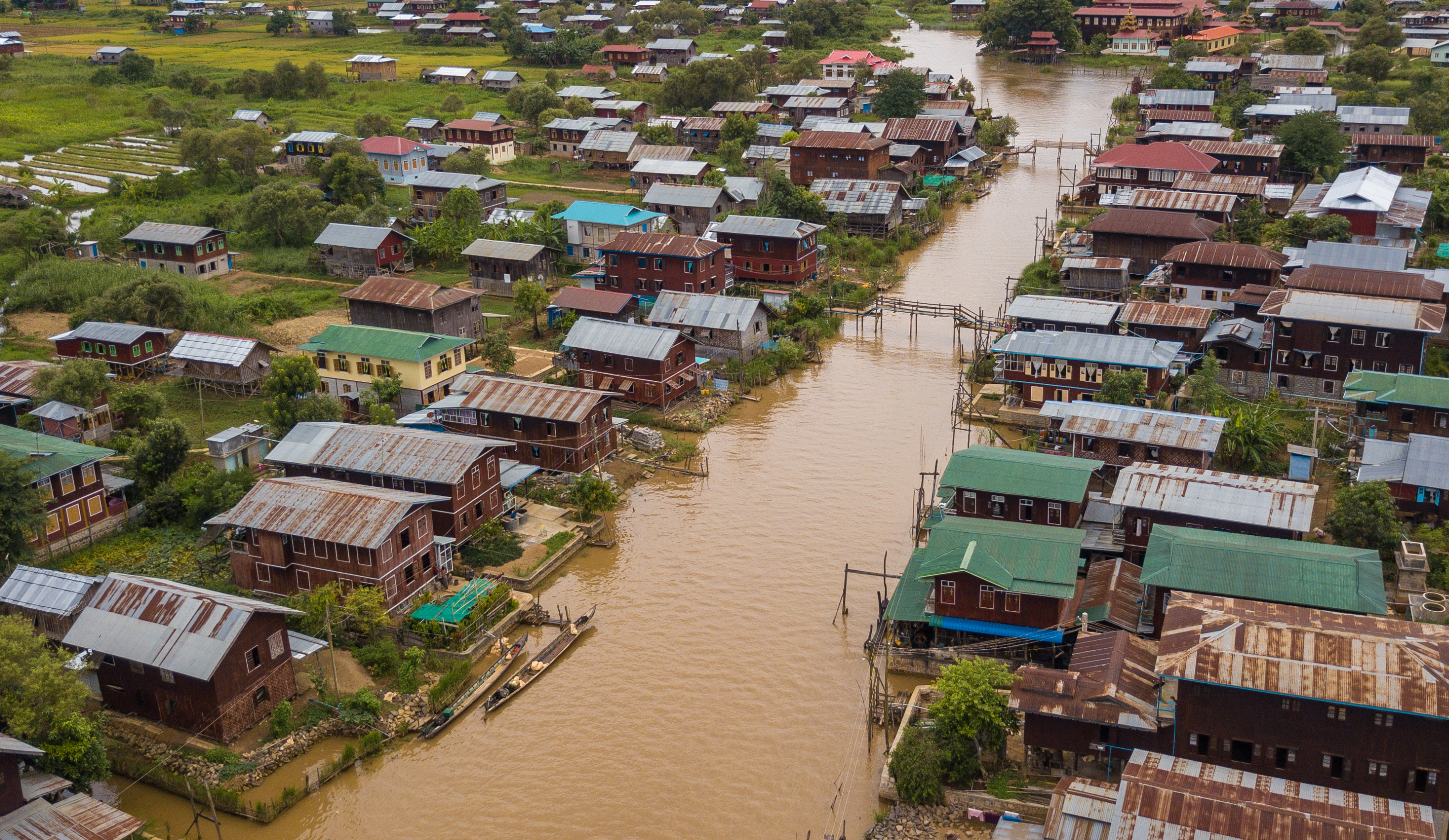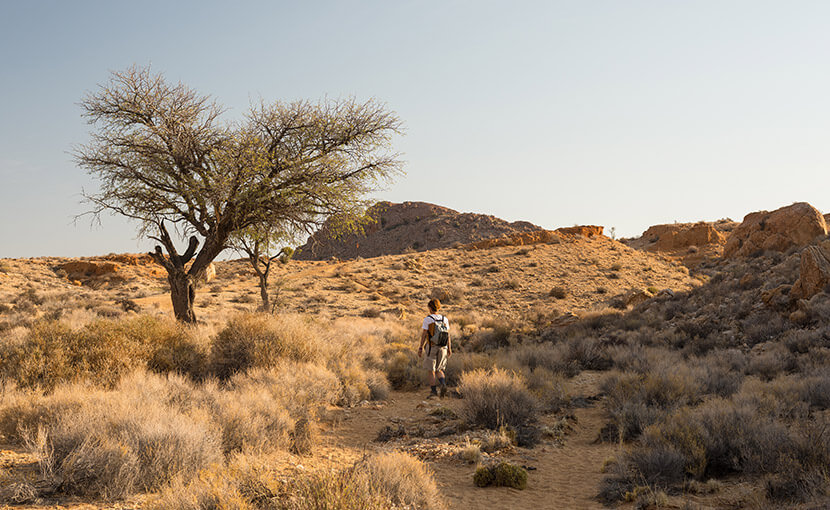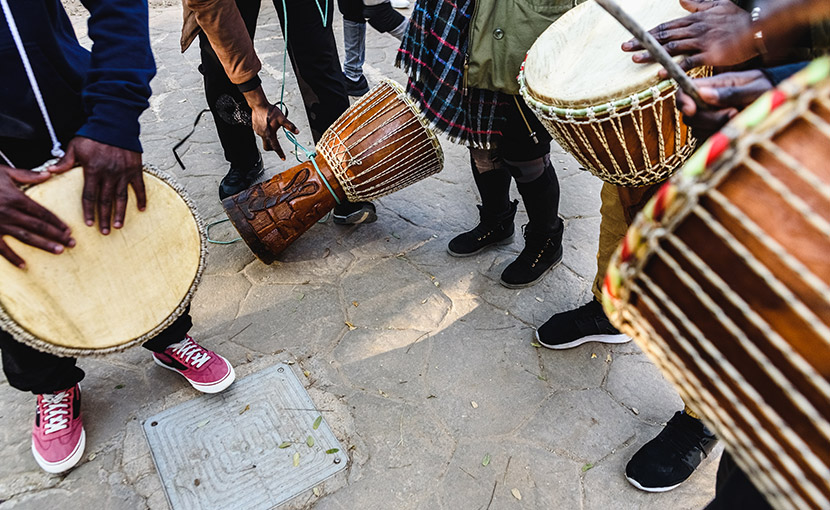Disaster Intervention

IEDA is committed to safeguarding the well-being of the Ijaw people in Nigeria by addressing the challenges posed by disasters. We believe in proactive measures and swift interventions to mitigate the impact of disasters on our communities.
Disasters, whether natural or man-made, can have devastating consequences for our communities. Timely intervention and preparedness are crucial in reducing the impact and helping affected communities recover swiftly. Through disaster intervention initiatives, we strive to provide immediate aid and support to those in need.


How IEDA Can Make a Difference
Here are several project ideas we can embark on to help the situation:
- Emergency Relief Distribution: Providing immediate aid such as food, clean water, blankets, and temporary shelter to those affected by flooding is crucial. We can mobilize resources swiftly to distribute these essentials to impacted areas.
- Medical Assistance: Setting up medical camps or sending medical teams to affected regions helps address health issues caused by floods. Providing medical care, vaccinations, and hygiene kits can prevent disease outbreaks.
- Evacuation Support: Assisting in the safe evacuation of individuals from flood-prone or affected areas is vital. Providing transportation and coordinating safe evacuation routes helps save lives.
- Psychosocial Support: Supporting the mental health and well-being of affected individuals is essential. We can provide counseling, support groups, and mental health services to help people cope with trauma and stress.
- Rehabilitation and Reconstruction: After the floodwaters recede, organizations can assist in rebuilding homes, schools, and infrastructure. This may involve providing construction materials, skills training, and financial support to help communities recover.
- Community Resilience Programs: Educating communities on disaster preparedness and resilience-building measures before disasters occur is invaluable. Teaching skills like first aid, flood-resistant construction techniques, and early warning systems can mitigate future risks.
- Collaboration and Advocacy: Collaborating with local authorities, government agencies, and other NGOs helps in efficient resource allocation and coordinated response efforts. Advocating for policy changes that prioritize disaster risk reduction and community resilience is also crucial.
- Data Collection and Analysis: Gathering and analyzing data on the impact of flooding helps organizations better understand the needs of affected communities. This information guides targeted interventions and long-term planning.
By employing these strategies, we can significantly contribute to alleviating the immediate impact of serious disasters such as flooding and assist in the long-term recovery and resilience-building efforts within affected communities.
Alone, we can do so little; together, we can do so much
– HELEN KELLER
How You Can Make a Difference
Your support is invaluable in our efforts to intervene during disasters. By contributing to IEDA, you become a lifeline for communities affected by disasters. Your donations enable us to provide emergency relief, support rehabilitation efforts, and implement measures that enhance preparedness and resilience.










